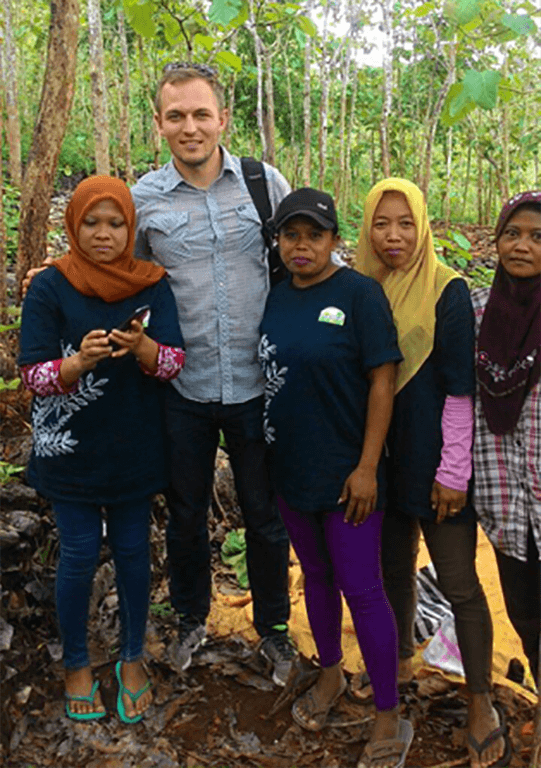Graduate thoughts on reduced aid funding
Australian researchers in international agriculture need to re-focus on communicating the value of our research in a time of reduced aid funding 1, 2, 3. As of 2016, Australia contributes 0.32% of our gross national income (GNI) to aid despite a UN country target of 0.70% of GNI. Compared to the 28 wealthy OECD member nations that give aid, Australia ranks 16th. Australia’s international aid has reduced in the last year, at a time when 22 of the 28 OECD member nations increased their contributions.
While some critics of Australia’s aid spending may applaud this, this ignores the fact that a majority of this funding is invested in Australian institutions and expertise. A recent analysis shows that of the funding provided for forestry research for development projects, 56 % of this funding is injected into Australian institutions and expertise. Therefore reductions in aid spending is a double edged sword, reducing investment and employment opportunities for the brightest Australians in science, agriculture and economics. Without renewed opportunities for employment and job security, fewer will study to enter this crucial field of work.
The Australian government routinely re-distributes the departmental budget pie, and aid funding should be scrutinized to ensure improved impact. However the ramifications of reducing the total IQ contributing towards improved food security in a time of global warming may have disastrous impacts in the mid-long term. Therefore this is an important time for Australian researchers in agriculture for development to re-focus on communicating the importance of aid spending to the Australian tax-payer, and perhaps re-evaluate our aid strategy.

One of many Australian researchers and project leaders attending an Indonesian project review
The important question is this; if Australia were to follow suit with our OECD peers and re-invest in Australian expertise and developing our regional neighbours, how should we do this? It seems that although there is still a strong demand for traditional science research (i.e. developing vaccines and disease resistant crops), greater investment in the capacity building of knowledge management of in-country institutions is of growing importance. Another avenue perhaps is the greater investment in areas of research such as information communication technologies (ICT) and artificial intelligence (AI) to accelerate the research process in international agricultural research. AI has already helped to better utilize the vast amounts of available data, and improve the access to and application of this information (socialcops; CGIAR BigData). What else?
Views expressed in this blog are the authors own.


